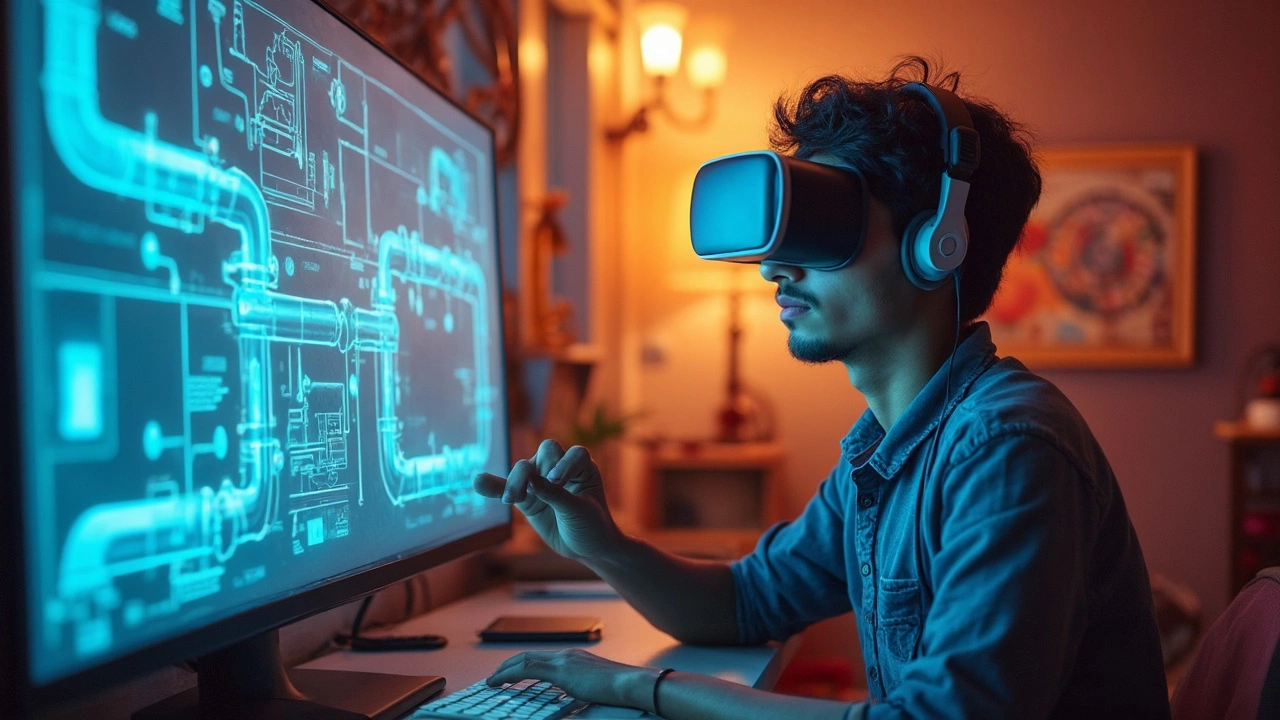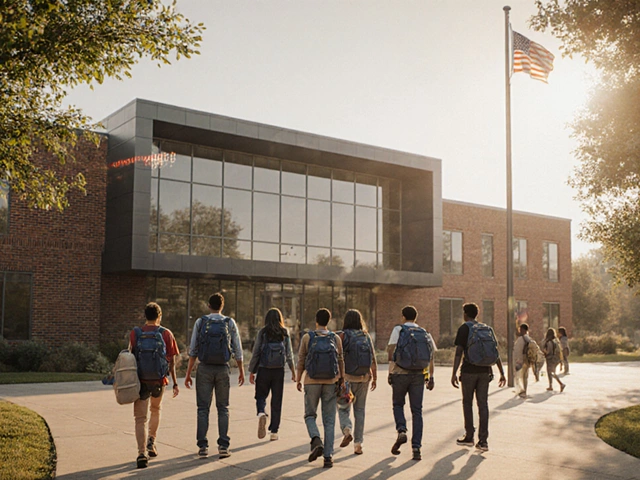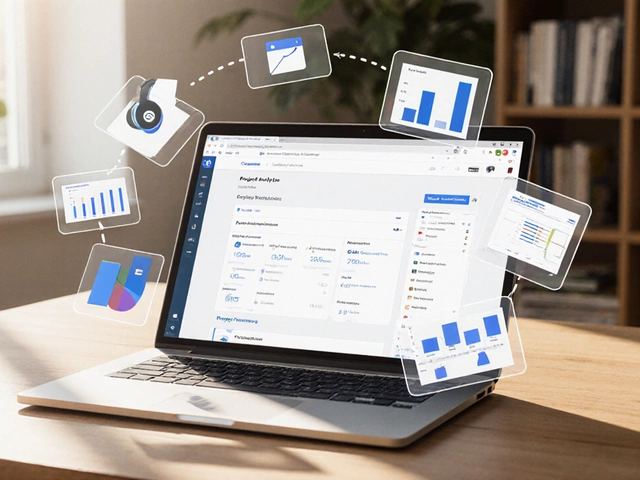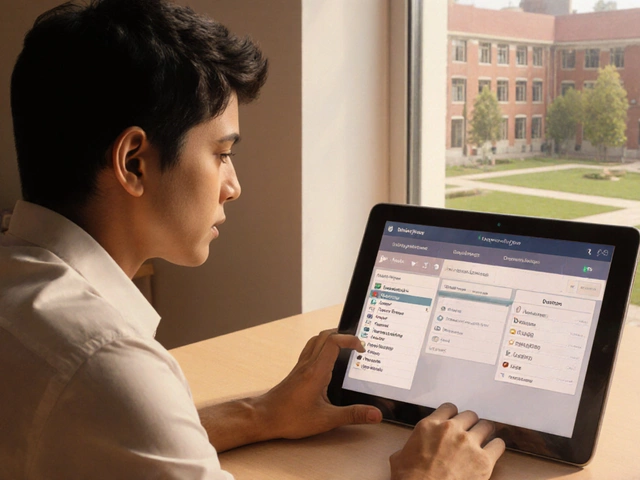Plumbing Skills: Your Guide to Mastering the Trade
When you hear Plumbing Skills, the hands‑on abilities required to install, repair and maintain water and waste systems. Also called plumbing expertise, they are the backbone of any building’s functionality.
Effective plumbing skills encompass Pipe Fitting, connecting pipes accurately to ensure proper flow and avoid leaks, solid leak detection techniques, and thorough Drain Cleaning, removing blockages to keep waste systems moving. Together they form the core of the trade and answer the question “what does a plumber actually do?”
Choosing the right material matters just as much as the method. For residential projects, PVC Piping, lightweight plastic tubes that resist corrosion and are easy to join is the go‑to option, while metal pipes still dominate industrial settings. The material‑skill link explains why many apprentices spend extra time mastering PVC glue and cutter techniques.
Hands‑on training with real tools—pipe wrenches, pipe cutters, torch kits, and inspection cameras—turns theory into muscle memory. When a trainee learns to tighten a joint just right, the risk of future leaks drops dramatically. This practical focus is why vocational schools that follow American‑style curricula, like those at Ace American, produce job‑ready plumbers faster than classroom‑only programs.
But the job isn’t all smooth water flow. Many newcomers ask, “Is being a plumber stressful?” The reality includes tight schedules, emergency calls at odd hours, and the physical strain of working in cramped spaces. Understanding the hardest parts—like navigating tight crawl spaces or dealing with high‑pressure lines—helps aspiring plumbers set realistic expectations and develop coping strategies.
Safety is a non‑negotiable part of the skill set. Proper use of gloves, goggles, and respirators prevents injuries from sharp edges, chemicals, and intense heat. Local building codes also dictate how installations must be inspected and approved, so staying current on regulations is a skill in itself.
Modern technology is reshaping the trade. Video inspection cameras let plumbers locate hidden leaks without tearing walls, while smart sensors can alert homeowners to abnormal water usage. Learning to operate these tools adds a digital layer to traditional plumbing skills and makes service calls faster and more accurate.
Environmental awareness is growing among homeowners and contractors alike. Installing low‑flow fixtures, tankless water heaters, and rain‑water harvesting systems reduces consumption and can qualify for rebates. plumbers who can advise on water‑saving solutions expand their service portfolio and meet a rising market demand.
Certifications and licensing cement a plumber’s credibility. In most Indian states, a licensed plumber must pass a practical exam that tests pipe fitting, drainage, and safety protocols. Holding a recognized certificate not only opens higher‑paying jobs but also protects against legal liabilities.
Apprenticeship pathways remain the most efficient route into the field. A typical program blends classroom theory with on‑site mentorship for 12‑18 months. During this period, apprentices earn while they learn, gaining real‑world experience that short courses simply can’t match.
Gender diversity is slowly changing the face of plumbing. More women are enrolling in vocational programs, attracted by the steady income and hands‑on work. Companies that foster inclusive workplaces report higher retention and a broader skill base.
For DIY‑oriented homeowners, basic plumbing skills like fixing a leaky faucet or clearing a clogged sink can save money. However, tackling major pipe replacements or gas line work without professional training can lead to costly damage and safety hazards. Knowing where to draw the line is a critical part of the skill set.
The future outlook looks bright. Urbanization, aging infrastructure, and green building standards ensure a constant need for skilled plumbers. Emerging areas such as solar‑thermal water heating and smart‑home integration present new niches for those willing to keep learning.
Below you’ll find a curated set of articles that dig deeper into each aspect—from stress management tips and the toughest tasks on the job to step‑by‑step guides for mastering pipe fitting and drain cleaning. Browse the collection to pick the pieces that match your current skill level and career goals.

How to Prepare for a Career in Plumbing
Starting a plumbing career involves more than just knowing how to fix leaks; it's about navigating the right training and certifications. Discover the essential steps to becoming a plumber, from education choices to hands-on experience. Delve into the tools of the trade and the necessity of an apprenticeship. Equip yourself with insights into certification paths and the benefits of joining professional plumber communities.
View More



